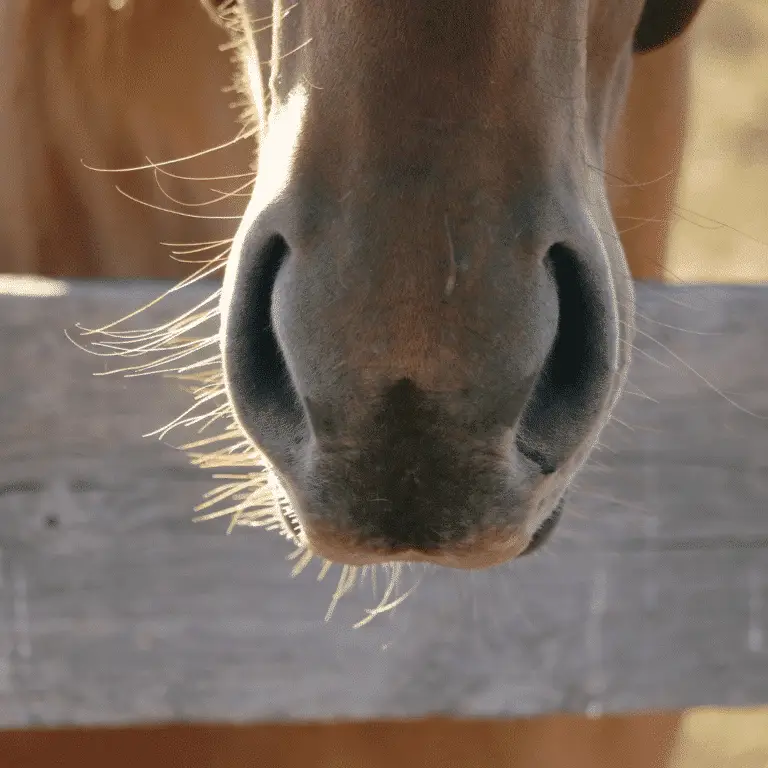
Equine Asthma (Heaves / COPD)
Seek veterinary advice if you suspect this disease.
Asthma in horses, also known as equine asthma syndrome, is a chronic respiratory condition characterized by airway inflammation, coughing, and difficulty breathing.
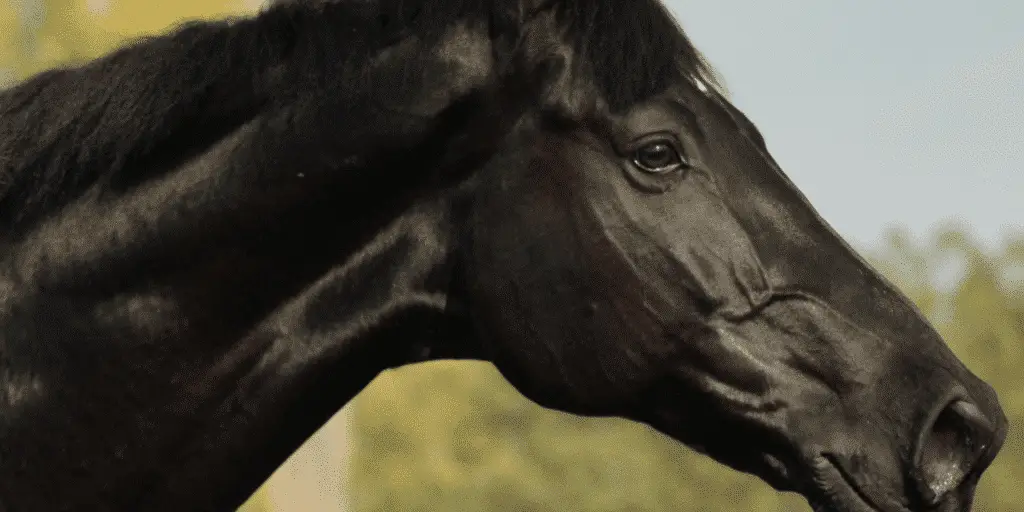
It’s been found that the incidence of RLN is higher in racehorses than in other performance horses, with an estimated incidence of 1-3% in the general population of racehorses and up to 8% in the population of Thoroughbred racehorses. Also, The incidence of RLN increases with age and is more common in geldings than in stallions and mares.
Treatment options can vary depending on the severity of the condition. One common treatment option is surgical intervention, such as a tie-back procedure, in which the affected vocal fold is sutured to the side of the neck to prevent it from collapsing during inhalation. This procedure can be effective in allowing the horse to breathe more easily and may improve performance. However, it is a relatively invasive procedure and there is a risk of complications, such as infection or bleeding. Another option is using a prosthetic laryngeal implant, which are small devices that are placed inside the larynx, helping to prevent the collapse of the affected vocal fold. These devices are less invasive than a tie-back procedure and may be a good option for horses with mild to moderate laryngeal paralysis. Therapeutic management also has its role in this condition, such as weight management, and avoiding to expose the animal to extreme temperature and humidity. Also, physical therapy such as vibration, ultrasound and deep tissue massage can be helpful in the management of the condition. It’s important to note that any horse diagnosed with laryngeal paralysis should be evaluated by a veterinarian with experience in treating this condition, and treatment options should be tailored to the individual horse’s needs and potential for recovery.
Preventing laryngeal paralysis may involve addressing any underlying medical conditions that may contribute to the development of the disorder, as well as implementing good management practices to reduce the risk of injury to the larynx. Regular preventive care, such as vaccination and deworming, can also help reduce the risk of respiratory infections that may contribute to the development of laryngeal paralysis.
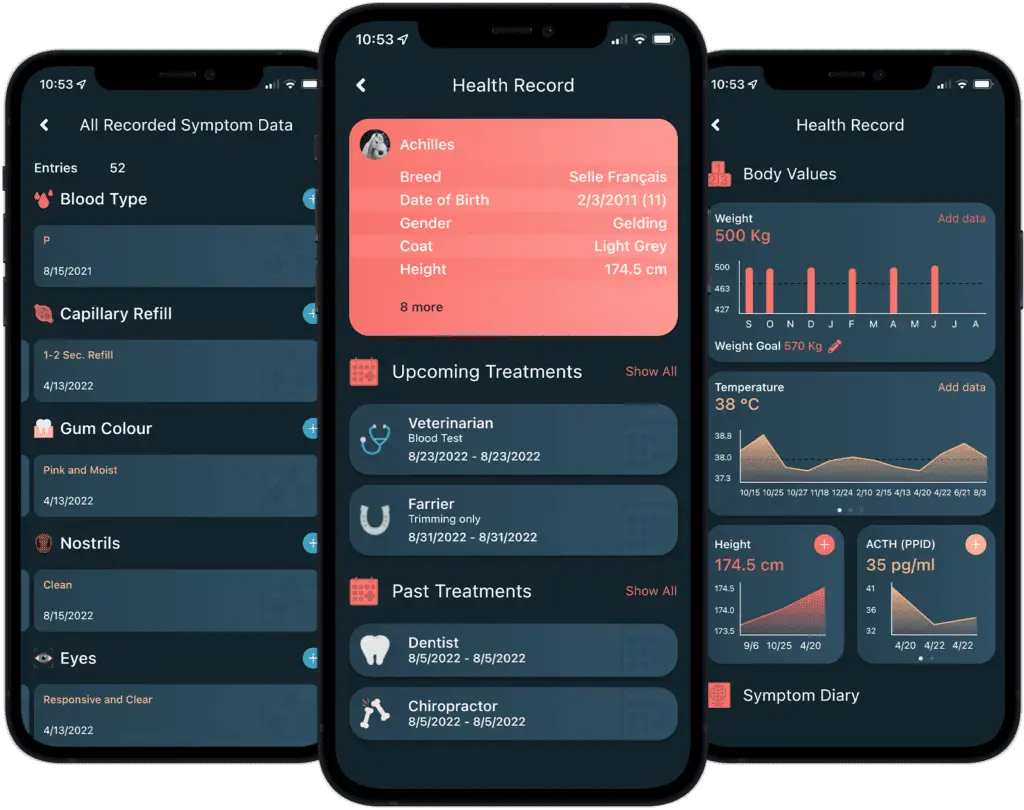
Digital health management offers numerous benefits in modern equine healthcare.
With the Happie Horse App, you can track symptom patterns and body values, such as Temperature, Pulse and Respiration. Allowing you to notice abnormal changes in body and behaviour early on, leading to more successful treatments.
The Happie symptom checker allows you to add all of your horse’s abnormal symptoms in order to present potential causes and diseases.

Seek veterinary advice if you suspect this disease.
Asthma in horses, also known as equine asthma syndrome, is a chronic respiratory condition characterized by airway inflammation, coughing, and difficulty breathing.
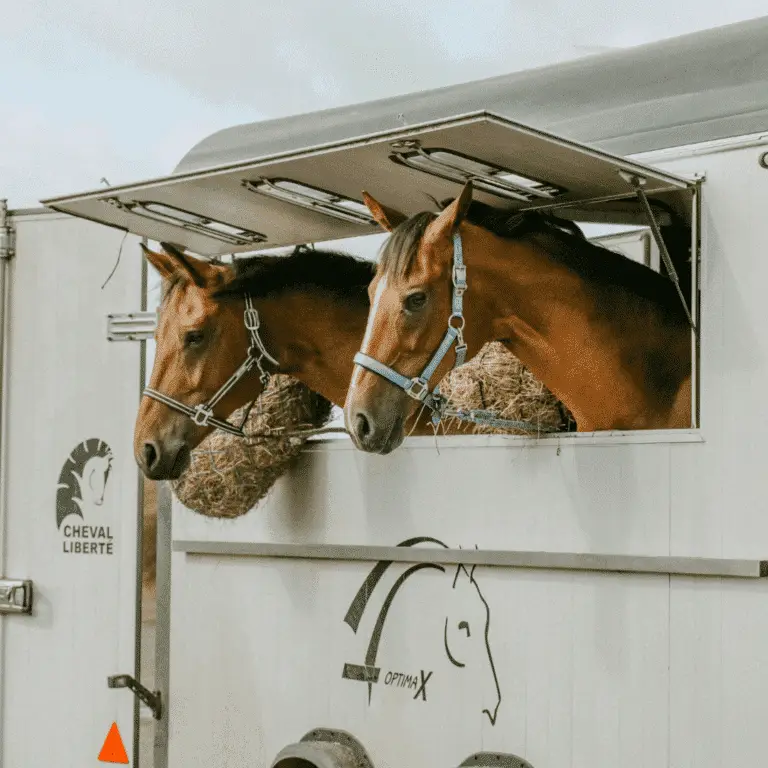
Equine Influenza This disease is life-threatening and should be treated by a veterinarian swiftly. Equine Influenza is a highly contagious viral
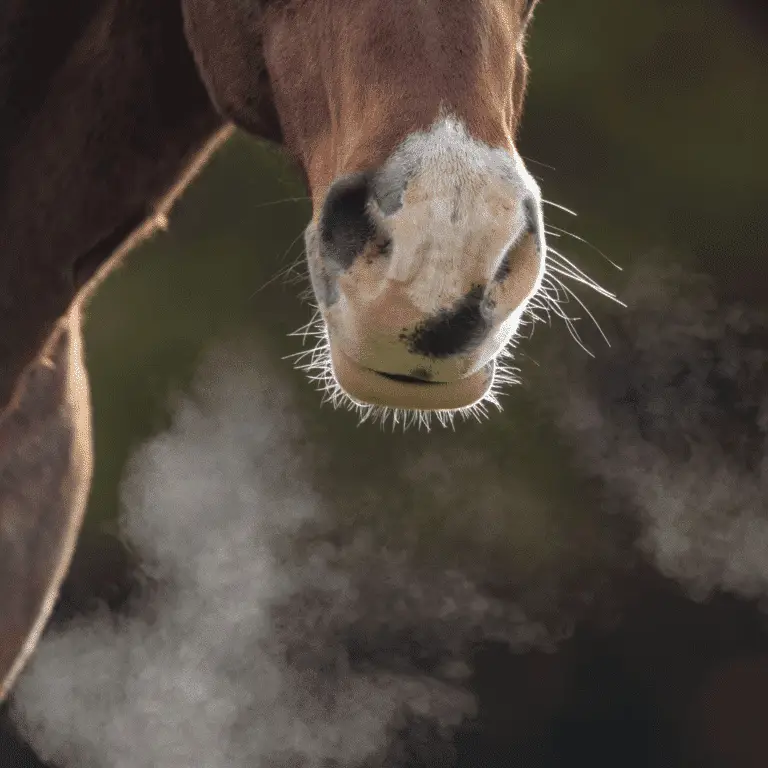
Seek veterinary advice if you suspect this disease.
The common cold in horses is a respiratory infection caused by viruses, leading to symptoms like nasal discharge, coughing, and mild fever.